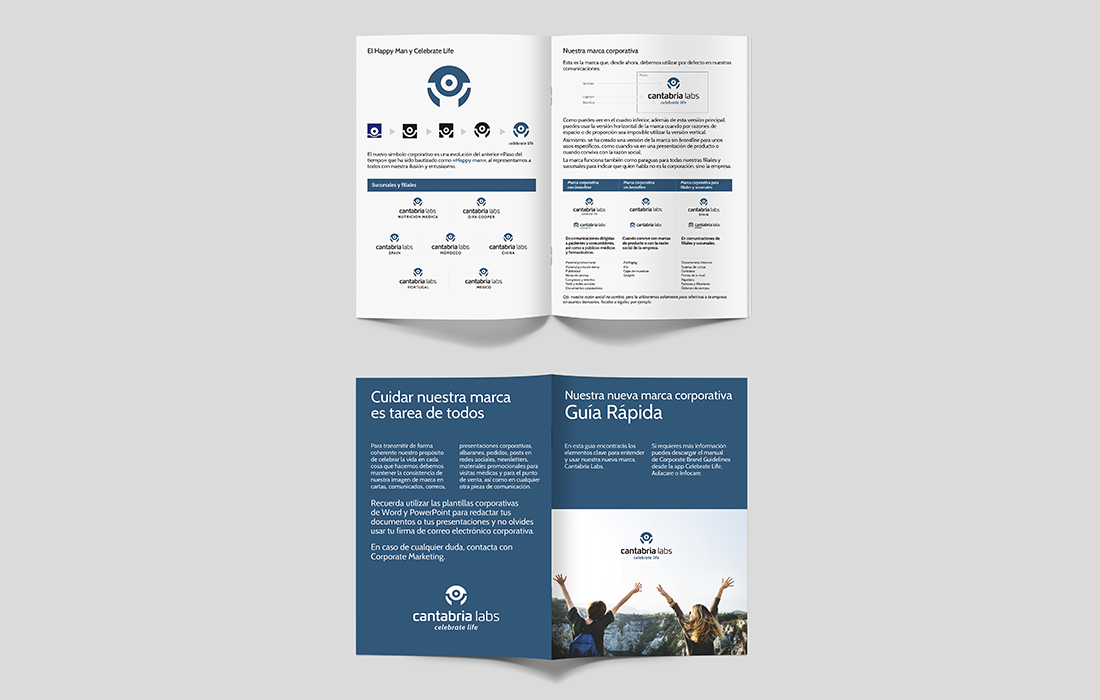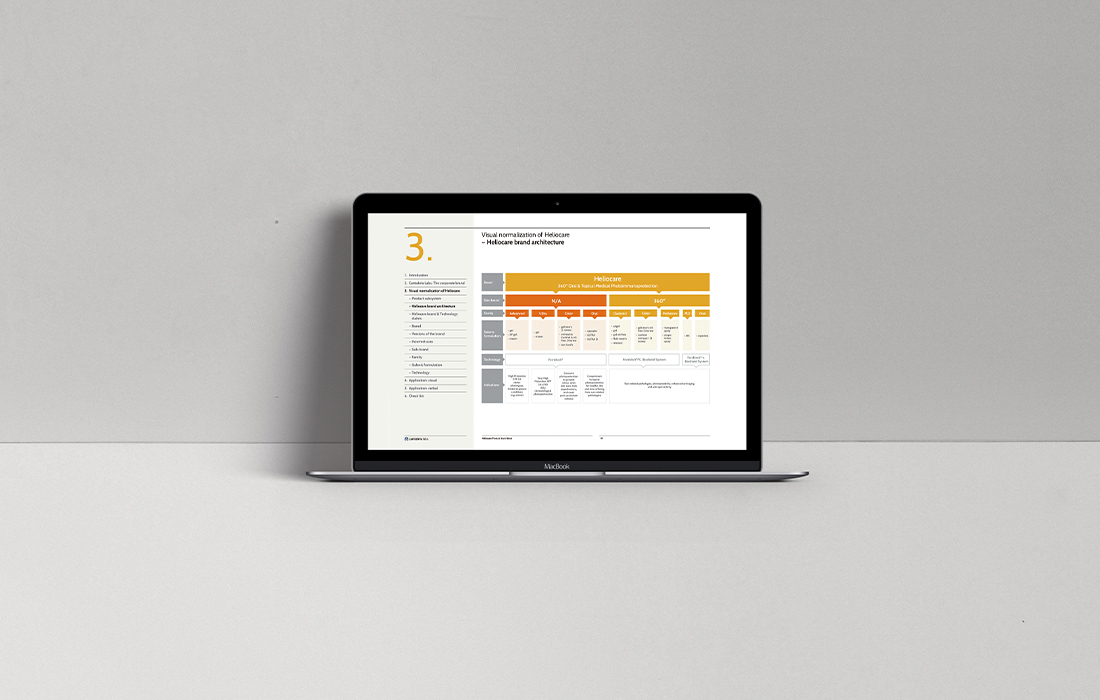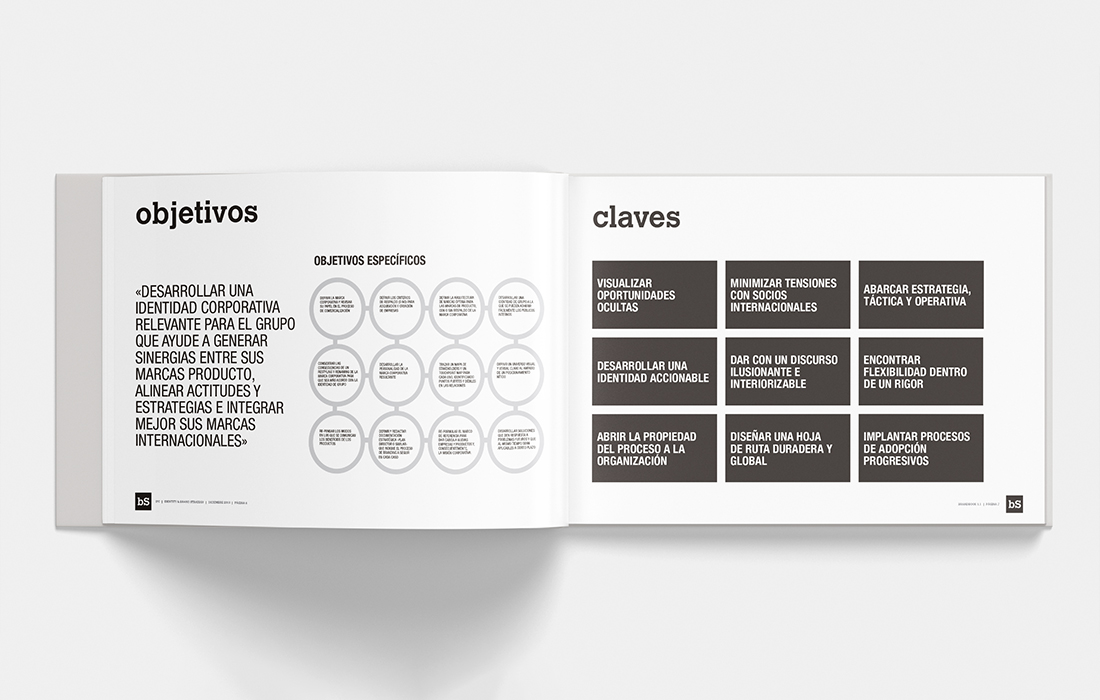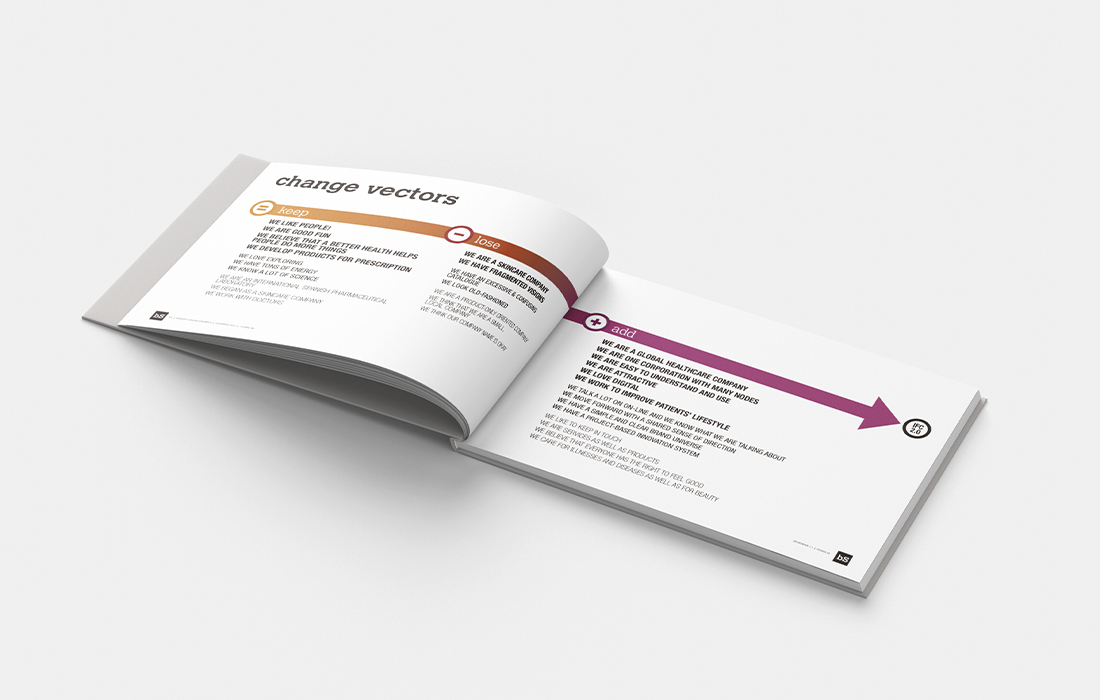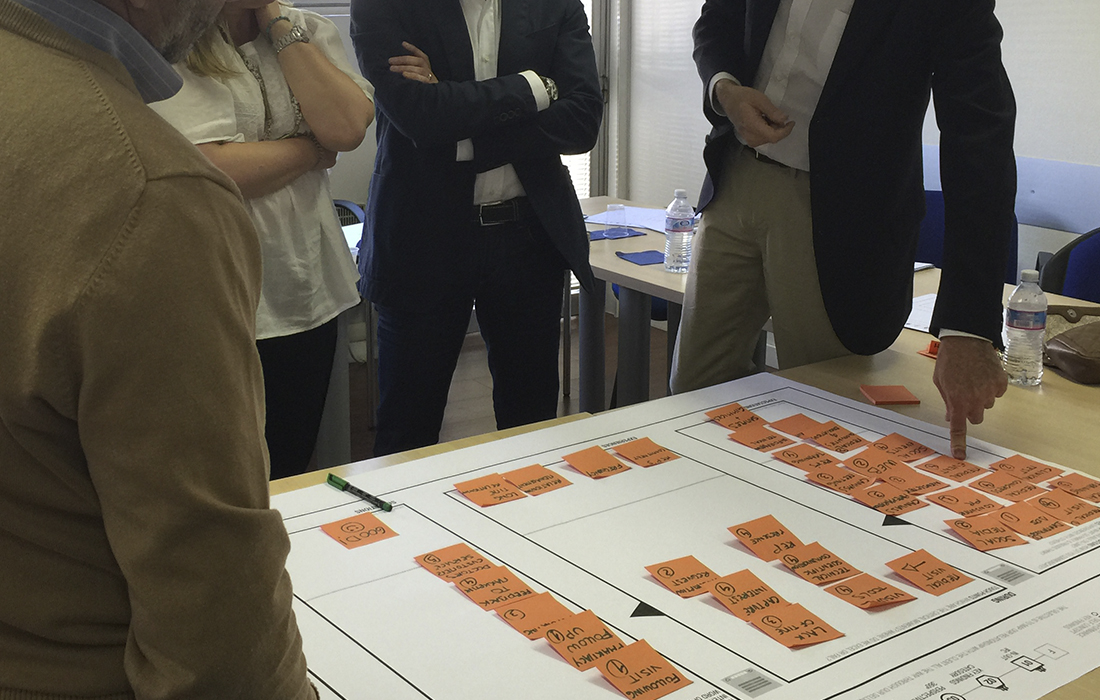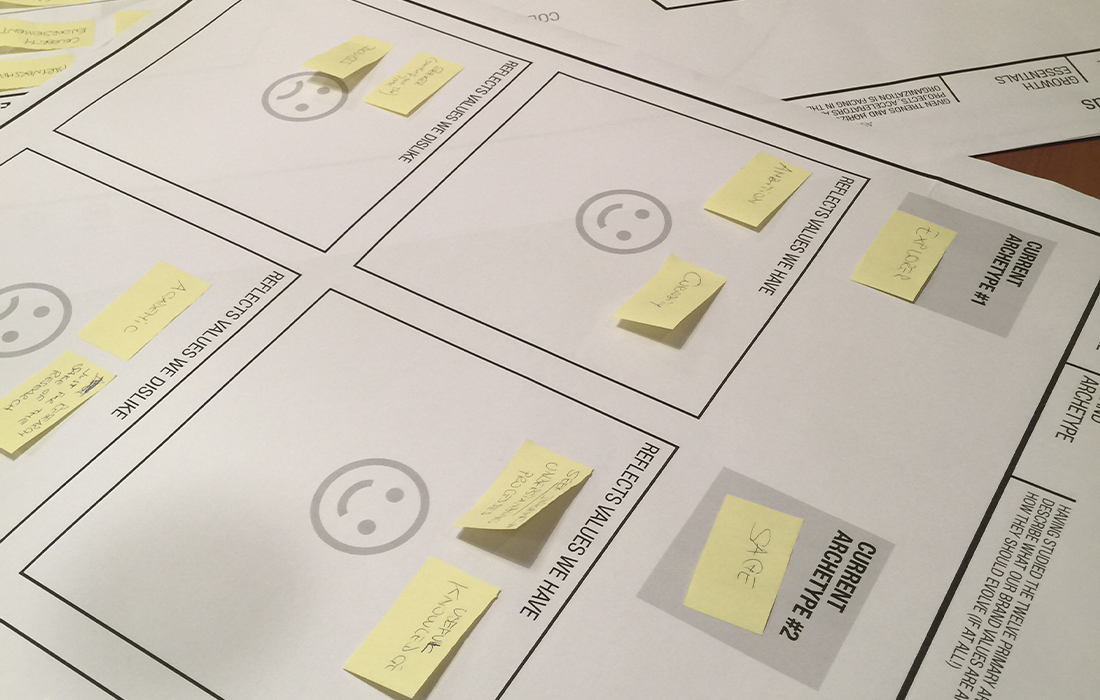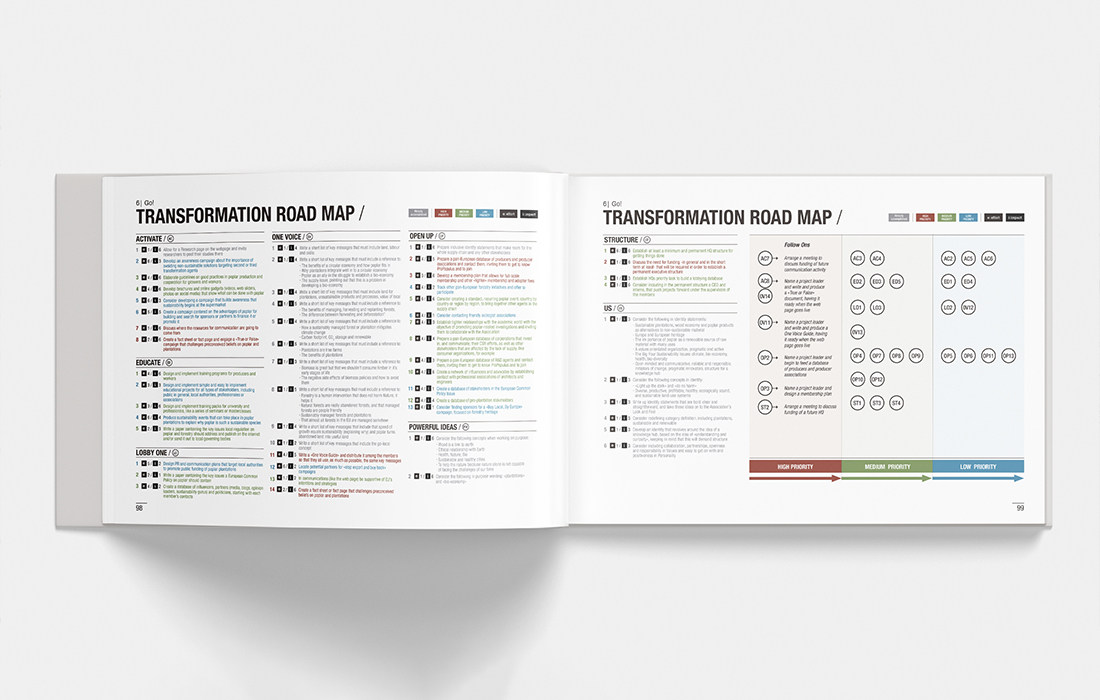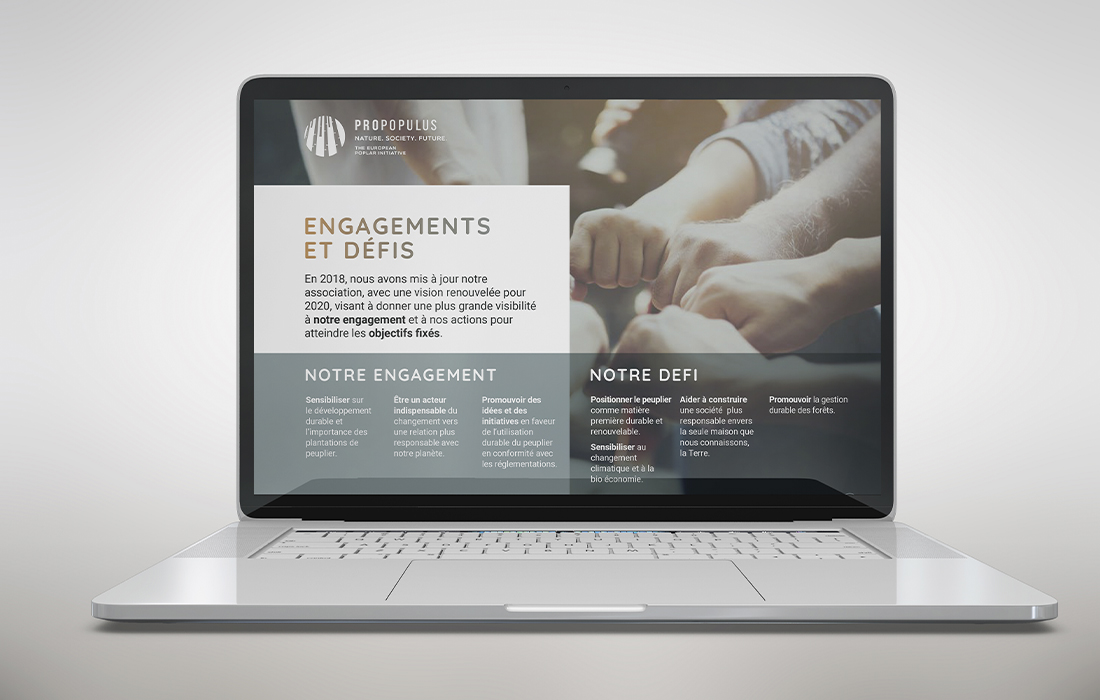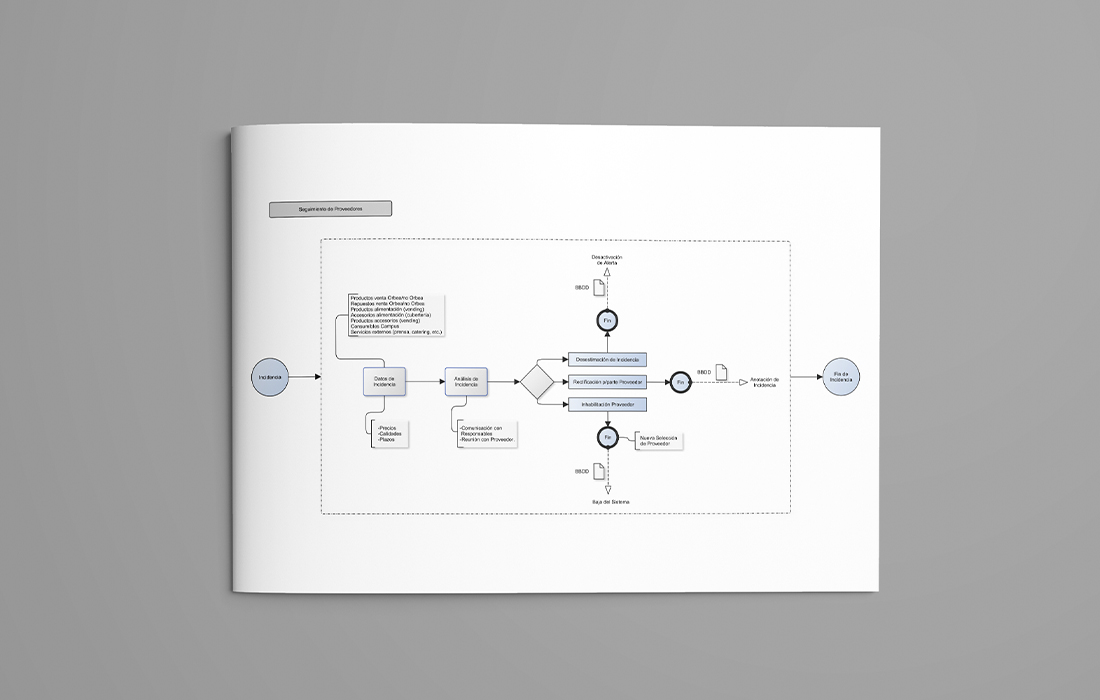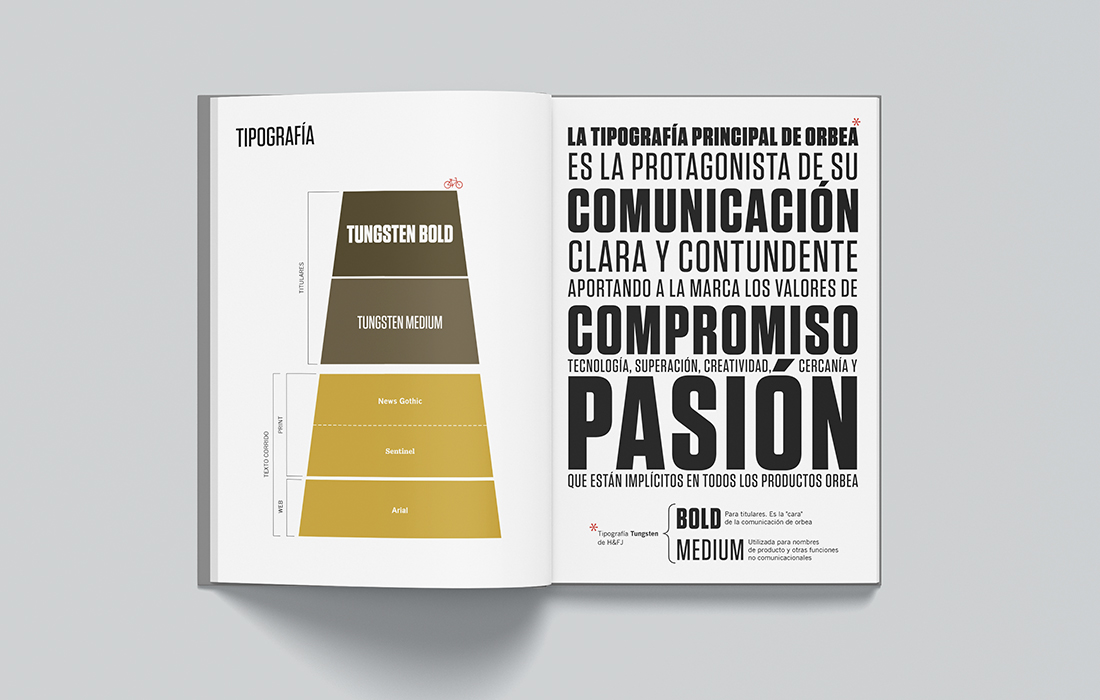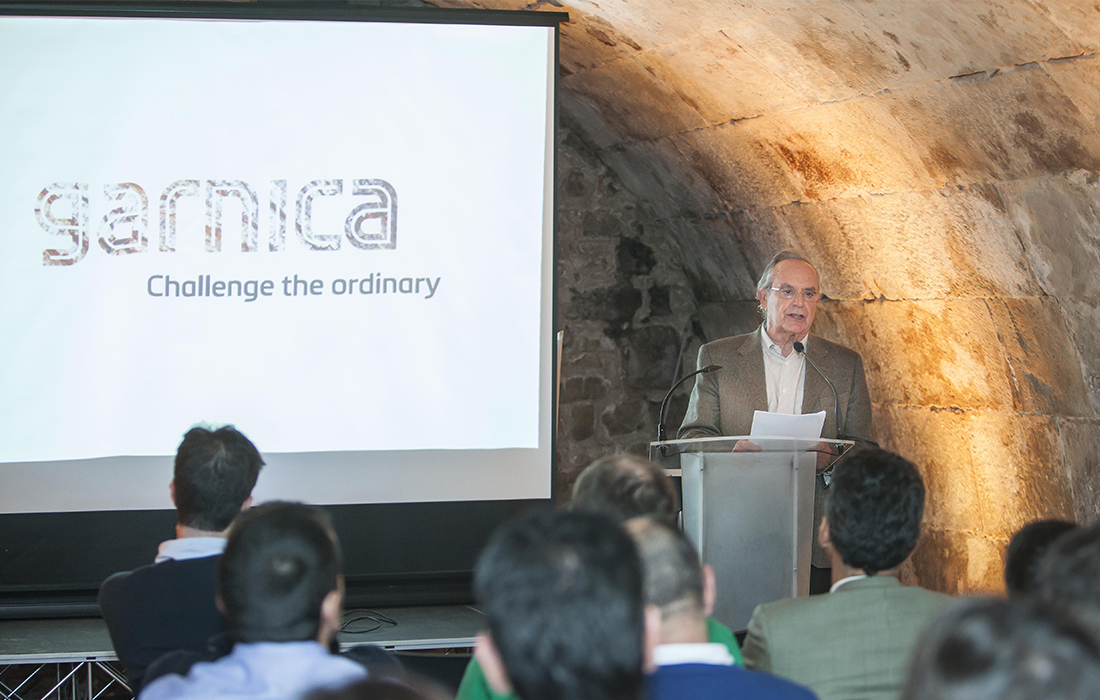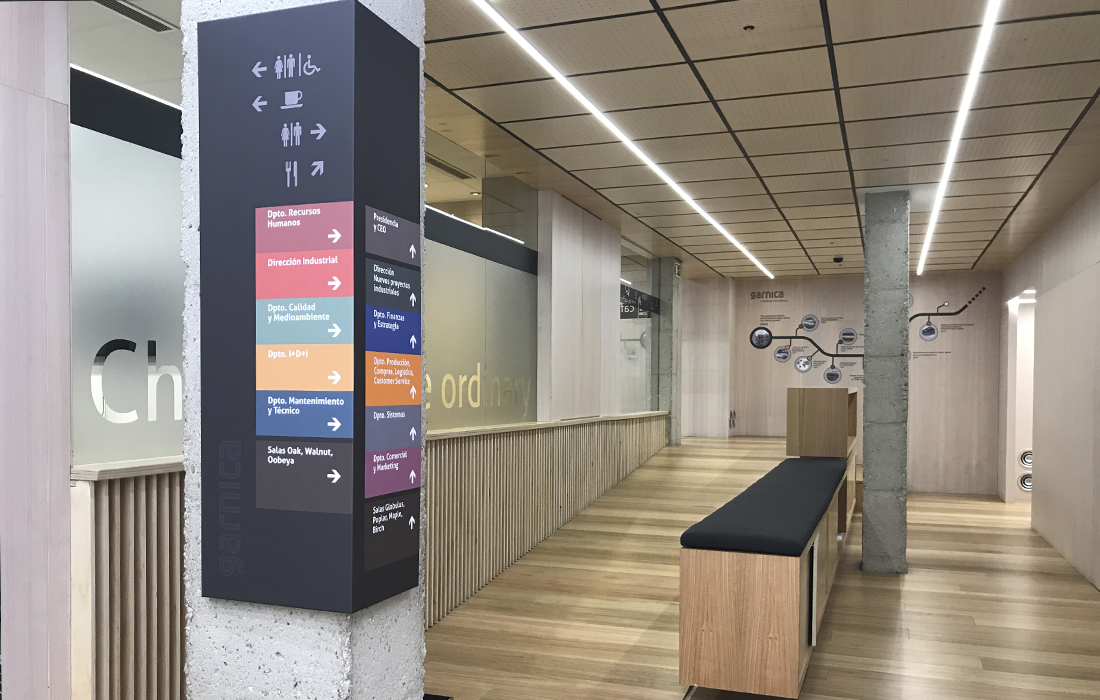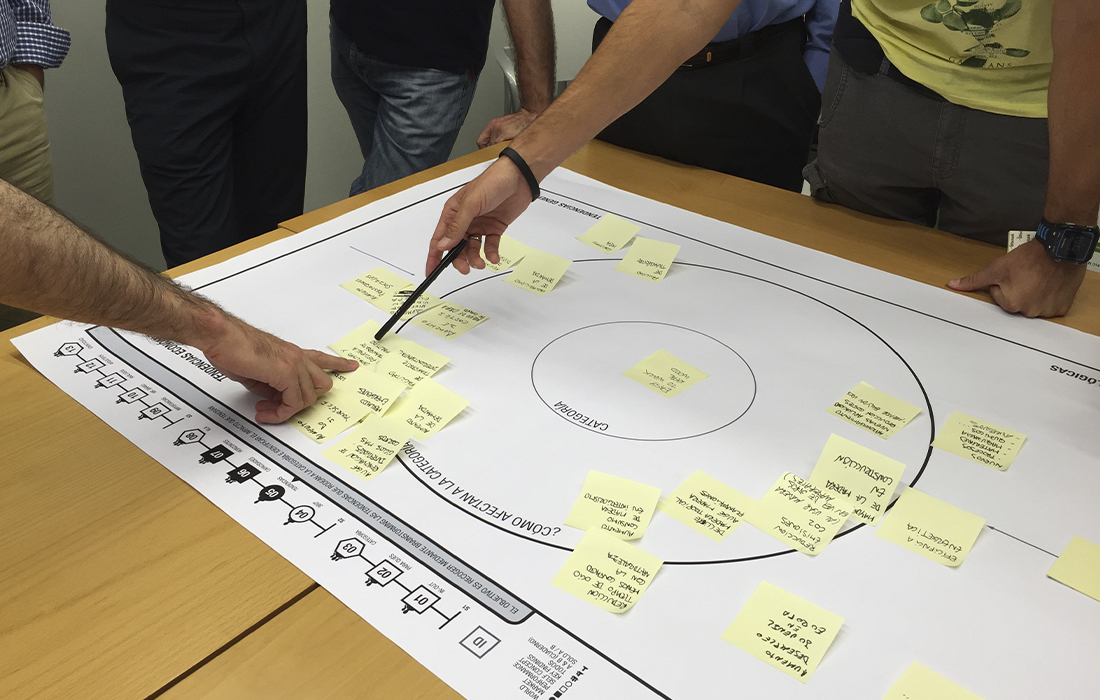
16 Apr Eduardo Laseca: sales, customers and digitization

Consultant, trainer and speaker specialized in B2B sales and CRM
Eduardo Laseca
Sales, customers and digitization
More than two decades of experience as a professional salesman and director of B2B commercial teams in multinationals in Spain, Switzerland and Brazil endorse Eduardo Laseca. He is also the author of developingthebusiness.com, one of the most followed sales blogs in Spain and Latin America, with more than 1,000 daily visitors from all over the Hispanic world. Today he gives us his views of how lockdown, forced upon us by the coronavirus pandemic, will have an astonishing impact on the B2B sector, reducing workplace attendance and driving remote sales.
Laseca is a professor in Business Schools such as The Valley Digital Business School, EDEM Valencia and Sales Innovation School, as well as advisor and consultant in the development of business strategy, CRM and Social Selling for CEOs of B2B companies. His experience as a trainer includes sales teams in sectors such as software, biotechnology, pharmaceuticals, industry, education, consultancy, insurance, construction materials, etc.
Next Tuesday, April 21st, the renowned author Javier Fernández Aguado, managing partner of MindValue and director of the Management Chair of Fundación Bancaria la Caixa at IE Business School will be sharing his views on ethics, people centric organizations and economic and social balance. Do not miss it!
Transcription:
Christopher Smith: What will selling look like when we overcome the crisis? What key issues are involved in developing a commercial conversation online? How will digital affect client and customer relationships? What do we have to change in order to manage remote sales team adequately?
In this episode of Positive Change for the Day After, we go over these issues with Eduardo Laseca, a trainer and specialist in business development, B2B sales and Social Selling. The interview is in Spanish. You can find the English translation below.
Eduardo Laseca: I think this is a turning point, by all means. We already know this situation will not go from black to white, that we there will be a lot of gray, God knows for how long. And it is going to have to evolve in this direction: from omnichannel client to multichannel companies. The software sector, for example, has been pioneering in the use of this model. In sales we call it inside sales: sellers who are inside and who manage the relationship outside. The key is not to ask for anything at the start. This is the mistake, you know. You won’t get a conversation with me if we don’t have a relationship already built between us. What you start with is either: A) telling me about yourself, how good you guys are at BrandSmith or how good you are; or B) trying to sell me something. That way you won’t get a conversation with me. In the end, the conversation is going to come up if you make the it about me, not about yourself first, and bring value to me.
I think this whole situation is accelerating a process that had been going on for several years, right? Which is how we reduce face-to-face sales. What we are experiencing is that, many people who managed the relationship with customers in companies were only used to developing this relationship in person, and now they are having enormous difficulties in doing it in a non-face-to-face way. Because they have, we have, a lot of tools in which, perhaps, they have not been trained.
Nowadays we have social networks, we have the possibility of making video conferences, we have the possibility of sending emails. You must handle the conversation in a, let’s say, more personal, more empathetic way through all these channels. In addition, there is a channel that is not new, but that seemed to be forgotten, and on which I place great emphasis, which is the telephone. The phone has not disappeared. The problem with messaging systems, or even some social networks, is that they are not real time two-way conversations, therefore the richness of the conversation is much less than what you can achieve in a conversation between two people, be it on a video conference or even by phone, without seeing our faces. Every seller loves face to face because it is, obviously, when you get a lot more empathy, a lot more emotional connection. But now we are realizing that this is not possible, so we have to start exploring other options, which were always there but were not used, as we have already mentioned: a relationship through videoconference, a relationship much more active over the phone, the exchange of information and valuable content through email … That is, everything that is not face to face should be boosted, and we must start doing it for a very clear reason: because what we must seek is the client’s convenience, not ours. And this is something that companies have never thought about. We were always thinking of our own convenience.
The relationship between healthcare professionals and large pharmaceutical companies, which is something I am now focusing on quite a bit, is going to change radically. This is the example of a sector that over the last 100 years has moved in a 100% face-to-face way… and we are facing a global situation in which health professionals do not have any time at all to be updated through a medical visitor about a certain medicine, or about a new way of managing a pathology. The point is that we can continue to keep our economy and our society functioning without the need to be present, facing each other.
Well I think where we are going is towards a management model that is much more oriented to quantitative and qualitative objectives. Insofar as the face-to-face model is going to be reduced, there is no point in just keeping the seat warm, thus all the staff that telework will have to have very clear objectives with regards to activity, results, deliverables, etc. There is no other way to manage them. The person will have to self-manage him/herself to achieve these goals. Leading from an on-site point of view is not the same as leading a team remotely. It is necessary to provide much more autonomy, self-responsibility … Obviously, when the situation returns to normal, it will be able to be managed remotely, but, perhaps –and in fact it has been done so far–, from an office. That is, not having to be physically in so many places does not mean that you cannot manage the relationship with customers with a team, some telecommuting, others physically in the same place.
There are no companies with a defined purpose of how to make the world better. There are not. I believe that people clearly need a guideline where they can see that their company has a goal beyond economic profit, and we have been seeing it over the past few years and now it is going to be increasingly important. Today, the pride that a person working for Inditex, Mercadona, etc. is feeling must be really thrilling.




